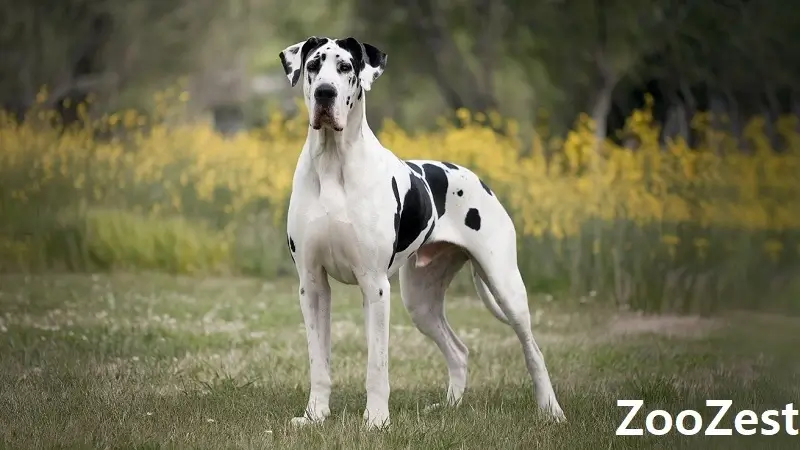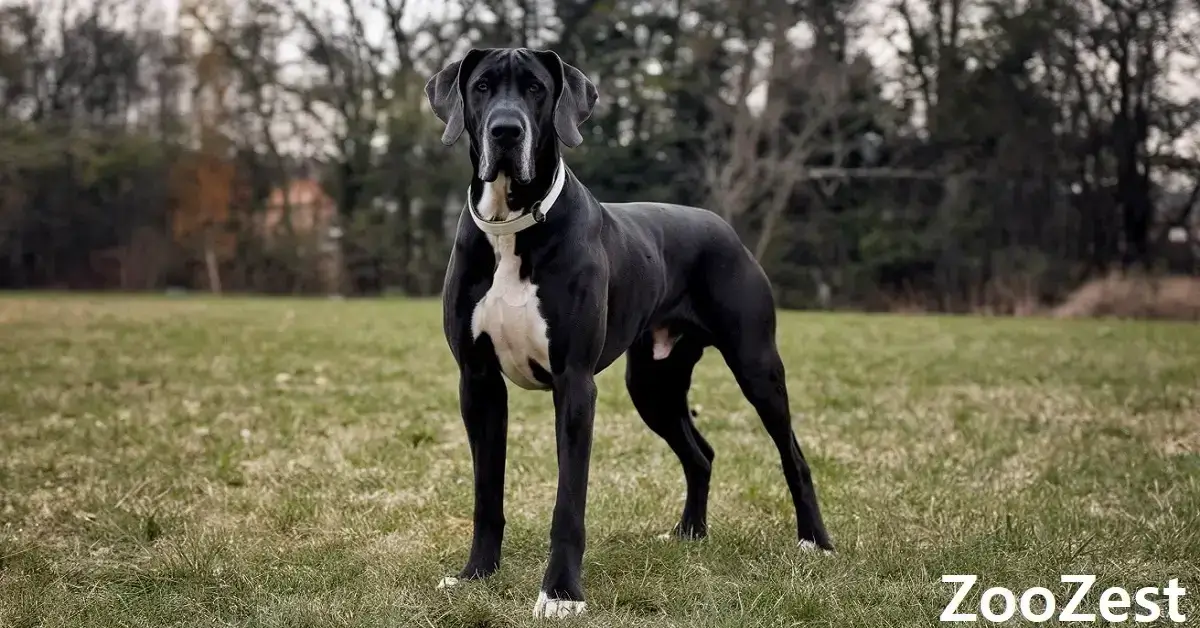One of the most majestic breeds of dogs that humanity has ever known must definitely be the Great Dane. Its tall, gentle, and sweet nature makes it one of its kinds. Originally bred to catch big animals, this breed exemplifies strength, speed, and agility in handling. However, with time, the Great Dane has evolved as a wonderful companion through its loyalty and being affectionate.
Historical Background
The Great Dane is, in origin, an old breed. Most noble families used mastiff-type dogs of this size for hunting and as protection. Others that have to be included are the English Mastiff and the Irish Wolfhound among others in the modern genetics of the Great Dane.By the 18th century, Great Danes already became popular in Germany, where they would be perfected and be more conformed to what we know today.
Because they stood so nobly and had such a dignified presence, they were given the nickname of “the Apollo of dogs.” Through art and literature throughout the years, they portrayed strength with an elegance that still graces their form today.Saint Bernard
Physical Characteristics
Indeed, Great Danes appear pretty huge in size. While males stretch from 30 to 34 inches tall, female ones are between 28 and 32 inches tall. With the gentle giants weighing from 110 to 175 pounds, one easily gets a sense of solidity mixed with strength and elegance.
Their coat is surprisingly short and smooth, so they don’t add much to personal grooming. Good Danes come in almost as wide a range of colors as any breed-from fawn to brindle to blue and black to harlequin-but it’s not their coat that makes them so charming, but rather the size and temper.
Temperament and Behavior
Temperament is perhaps the most characteristic feature of the Great Dane. Owning to their huge size, they are called “gentle giants.” This breed is known to be friendly and sweet. They are excellent companions for any type of family or individual. They usually get along with children, and they protect but are not aggressive.Socialization should start very early.
Because of their social nature, Great Danes thrive on people contact and can become anxious when they don’t see the family for extended periods of time. As a result, early socialization to people and other animals will help develop them into balanced adult dogs.
They have a playful nature and are just wonderful with people, therefore making very good family pets. They tend to form rather strong emotional bonds with their owners and do not desert them readily. The breed is known as being quite intelligent, which with a willing nature may make the training relatively easy.

Health Considerations
Great Danes, though renowned for their amiable nature, possess health aspects related to the breed also. On account of their size, they suffer from a set of predisposed health issues, including hip dysplasia and heart problems, as well as bloat or gastric torsion. Proper veterinary care and diet require them to be in good health.
Bloat is an especially deadly concern for Great Danes. So, the owner should be informed about symptoms and how to avoid it by feeding smaller portions more frequently and never exercising vigorously after a meal.
Exercise Needs
Great Danes need exercising on a regular basis to maintain their physical and mental well-being, but they appear to be lazy animals only because of their massive size. They require walking daily and playtime, and short spurts of exercise in a safe area, possibly fetching or running, keep them fit and happy.
However, one must exercise caution not to overexert themselves, especially at the growth stages, because their joint structure would still be developing. Good observation over their level of activity and also providing them with a safe surrounding to play will go a long way in preventing injuries. Black German Shorthaired Voice
Living Arrangements
Great Danes can adapt well to almost any form of living, but due to their size, there are some considerations; they are generally better suited to houses with lots of space in the rooms, which allows them to roam freely without bumping into things. Quite a few Great Danes do well indoors in an apartment, if you’re attending to regular exercise outside and they have room to get.out and stretch.
In that respect, too, large size may not suit small families with tiny tots or pets since their playful nature might lead to accidental mishaps sometimes. However, Great Danes are quite relaxed and easy-going about living with children and other pets if they are well-trained and accompanied in the right manner.
Conclusion
In short, it is the breed that gives strength in an uncanny ability to be graceful and of gentle disposition. So, due to the affectionate nature and loyalty, they are precious breeds for the canine lovers across the globe. Proper care, training, and socialization if provided can make this great Dane a loving and devoted companion. These hounds are pure delights to keep within the confines of the home because of majestic presence and loving nature, really aptly called the “gentle giant” of the canine world.
FAQs:-
Is Great Dane a good family dog?
Yes, Great Danes are brilliant family dogs. For a breed of their size, they are gentle, friendly, and affectionate to youngsters. Being loyal and protective, they are fabulous companions, though this breed requires plenty of room and also lots of attention due to their size.
Are Great Danes friendly or aggressive?
Great Danes are normally friendly and amiable, hence often called “gentle giants.” They also tend to be affectionate, calm, and never aggressive. However, with their family, they are protective. In general, however, this breed has a very friendly behavior and gets on well with people and other pets. Proper training and socialization will ensure this.
Are Great Danes vocal?
Great Danes are not talking dogs, either. They will mainly bark in order to alarm to their owner or upon demand, but otherwise, they are pretty quiet and pretty calm dogs. However, that might change depending upon the case, as well as their surroundings and training that make some noisier than the rest.
Are Great Danes intelligent?
Yes, of course, Great Danes are brilliant dogs. Quick learners, they do well when groomed to train and are more adaptable and eager to please than most breeds because they are not independent problem solvers.
Are Great Danes high risk?
Great Danes could be classified under high-risk health due to how easily their breeds are predisposed to conditions such as hip dysplasia, heart problems, and bloat or gastric torsion. The large size also predisposes one to joint conditions.
Also Read
Belgian Shepherd: Loyal Friend and Useful Companion
Saint Bernard: The Famous High Rescue and Sweet Family Pet
Border Collie: A Unique Companion with Heart and Intelligence

